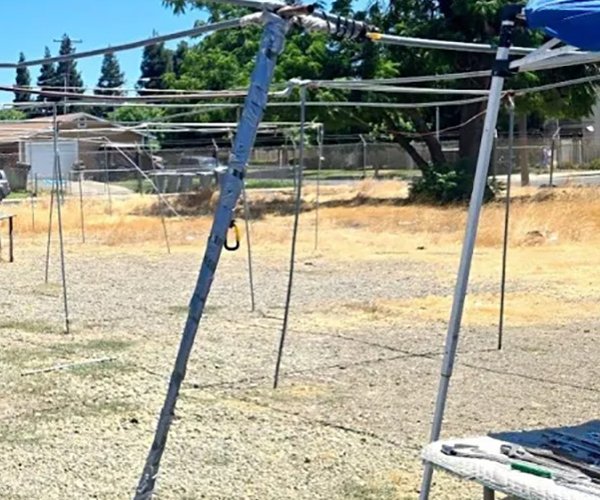Seven churches of different denominations in Denair have one thing in common: they are dissatisfied with the rate they are paying for water.
Churches are considered commercial establishments in Denair, at least according to the Denair Community Services District which began implementing two waters rates in the summer of 2013: $0.18 per thousand gallons of water used by residential customers and $1.80 per thousand gallons of water used for commercial operations. Prior to this the flat rate charged to all water users was $60.40 cents a month, according to the District’s General Manager Gaylon Wade.
To voice their concerns regarding the inequity of the rates, the seven churches presented a petition with more than 275 signatures to the District at the Feb. 17 meeting requesting the churches be charged the residential metered rate or at least reduce the current charge.
In their request the churches argued that because they contribute to the moral and aesthetic beauty of Denair, do not make a financial profit, and must rely on voluntary donations they wish that the institutions would not be considered “commercial” by the District.
“Our bill increased dramatically after the rate change became effective but our water usage was about the same from year to year,” said Dan Brewer, administrator of the First Baptist Church. “Our monthly bill went up to a level of $400 to $500 a month.”
However, the Board of Directors took no action on the churches’ request to lower the rate.
According to Wade, there are multiple reasons the District can’t lower the rates, but namely because it can’t afford it.
With pressure to comply with the American Water Works Association standards and in light of the ongoing drought, the District had a rate study performed by Bartle Wells Associates in November 2013. In order to change the rate for commercial users another study would need to be conducted, which is not only time consuming but expensive.
“You have to look at the amount of water they are using too,” said Wade noting that churches often use a significant amount of water for landscaping purposes. “Basically, it puts a significant demand on or system that a residential user just doesn’t.”
In the meantime the District is working with users to promote conservation methods such as checking sprinklers and keeping users updated on their water use. Wade noted that he has seen a reduction in water usage from churches since the rate change took place.
“We’re trying to promote the conservation more than trying to give a discount on the rates,” said Wade.








